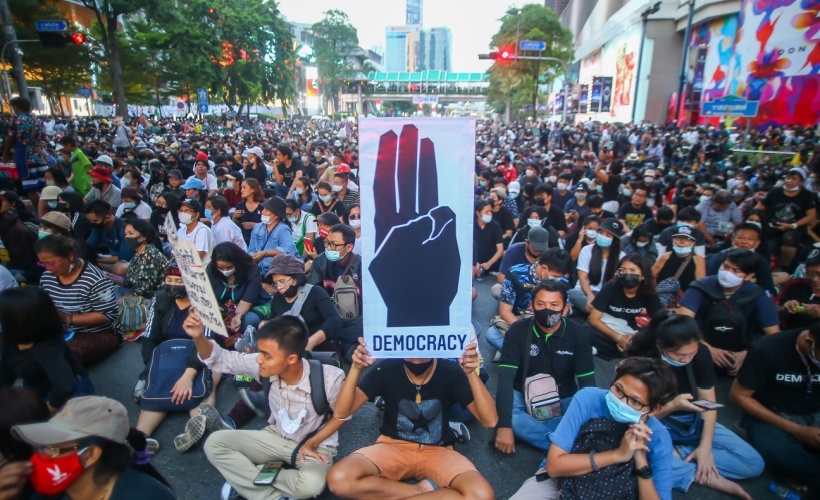The nuclear program and human rights abuses in North Korea are interconnected, yet often treated separately. However, it is crucial to recognize that these issues are deeply intertwined. The regime utilizes nuclear threats and human rights violations to maintain its power. While nuclear provocations respond to external factors, human rights abuses strengthen internal control through fear. There is an increasing consensus in the international community that these issues must be addressed together.
Resolving human rights issues is not just a means to an end but a vital goal based on freedom, democracy, and fundamental rights. Improving human rights presents a significant opportunity and challenge to the North Korean regime. Achieving this requires a careful approach and sustained cooperation from the international community, guided by consistent principles.
While some argue that focusing on North Korean human rights undermines inter-Korean peace discourse, it is essential to address these issues for the goals of freedom, democracy, and reunification. Past concessionary policies have emboldened Kim Jong-un’s regime, worsening inter-Korean relations and impeding peace. North Korea’s prioritization of regime security and disregard for international norms necessitate attention to human rights. Recognizing the link between improving human rights and achieving peace and unification based on freedom and democracy is crucial.
In summary, as long as Kim Jong-un remains in power, North Korea will persist in its nuclear ambitions and demand recognition as a nuclear-armed state. The lack of accountability for regime actions and crimes fuels the nuclear program and human rights abuses. North Korea seeks an exceptional status while evading international responsibility. As the intensifying conflict between the U.S. and China and the Russia-Ukraine war escalate into a broader ideological clash, there is concern that the ‘bad behaviors’ of the North Korean regime may be tacitly granted impunity due to relative neglect.
Therefore, it is imperative for the international community to strongly uphold the “principle of no impunity.” This entails meticulously documenting and preserving evidence of human rights abuses, ensuring future accountability and investigations into the North Korean regime. It is vital to strengthen alliances among like-minded nations and collectively advocate for human rights protection. Simultaneously, efforts should be made to engage nations with differing positions, particularly initiating discussions on human rights with China. In particular, engaging with “swing states,” whose positions and interests fluctuate depending on the circumstances, is vital in ensuring the North Korean regime’s compliance with international treaty obligations and human rights mechanisms.
Speaker:
Shin-wha Lee, Ambassador for International Cooperation on North Korean Human Rights, Republic of Korea; and Professor, Department of Political Science and International Relations. Dr. Lee’s previous positions include Post-doc fellow at Harvard University’s Center for International Affairs (CFIA); Special advisor to UN Secretary-General Kofi Annan’s Independent Inquiry on Rwandan Genocide; Chair’s advisor of East Asian Vision Group (EAVG), Full-time visiting professor at Columbia University, International board member of GR:EEN, Europe, Vice President for international affairs at Korea University; Chair of Research Committee of Seoul Forum for International Affairs (SFIA); Visiting scholar at MIT’s Center for International Studies (CIS), UN Secretary General’s Advisory Group Member of Peacebuilding Fund (PBF), Member of Committee on Public Diplomacy, Republic of Korea; Advisor of Korean Army Development; and Member of Ministry of Defense Requirement Verification Committee. She received her Ph.D. from University of Maryland at College Park.







